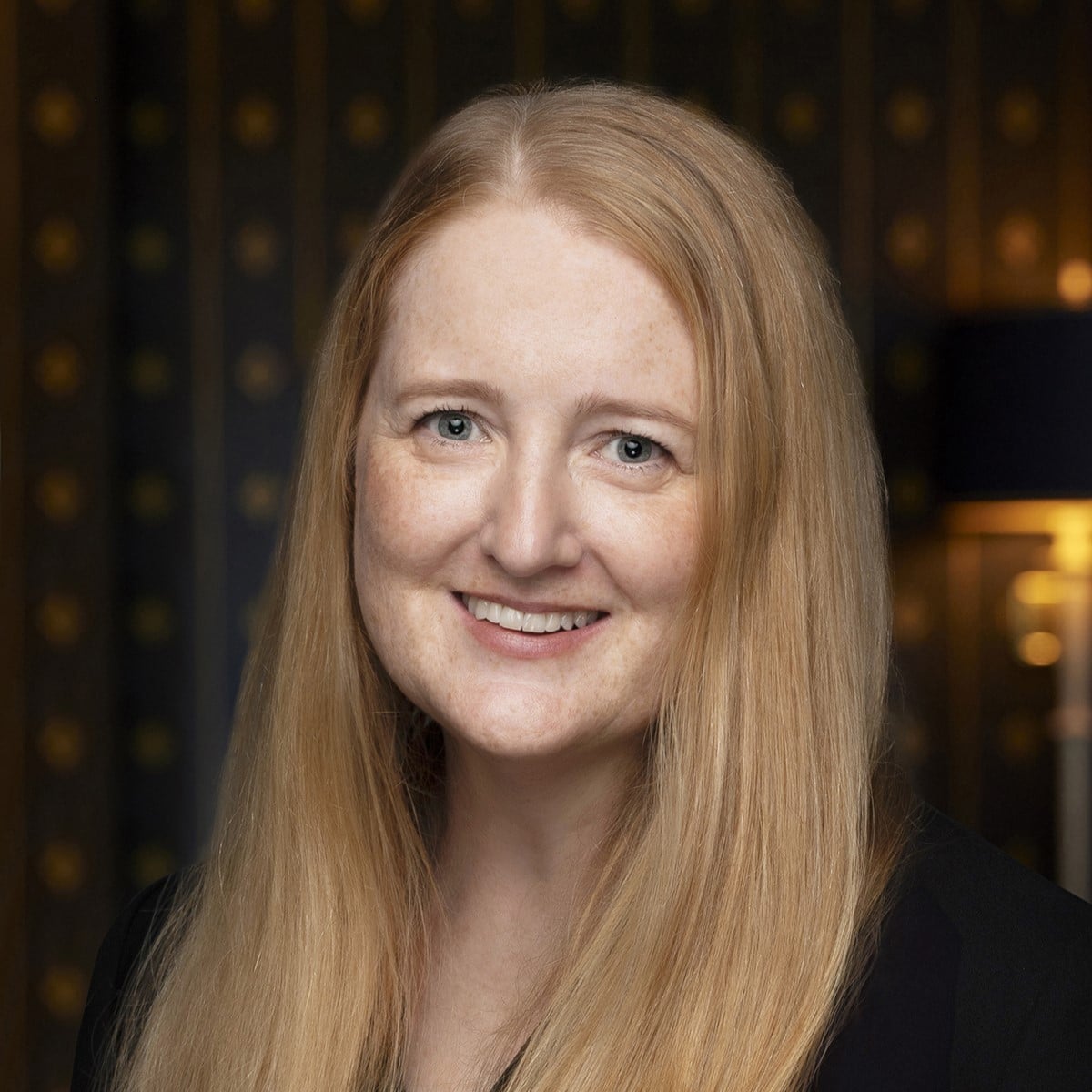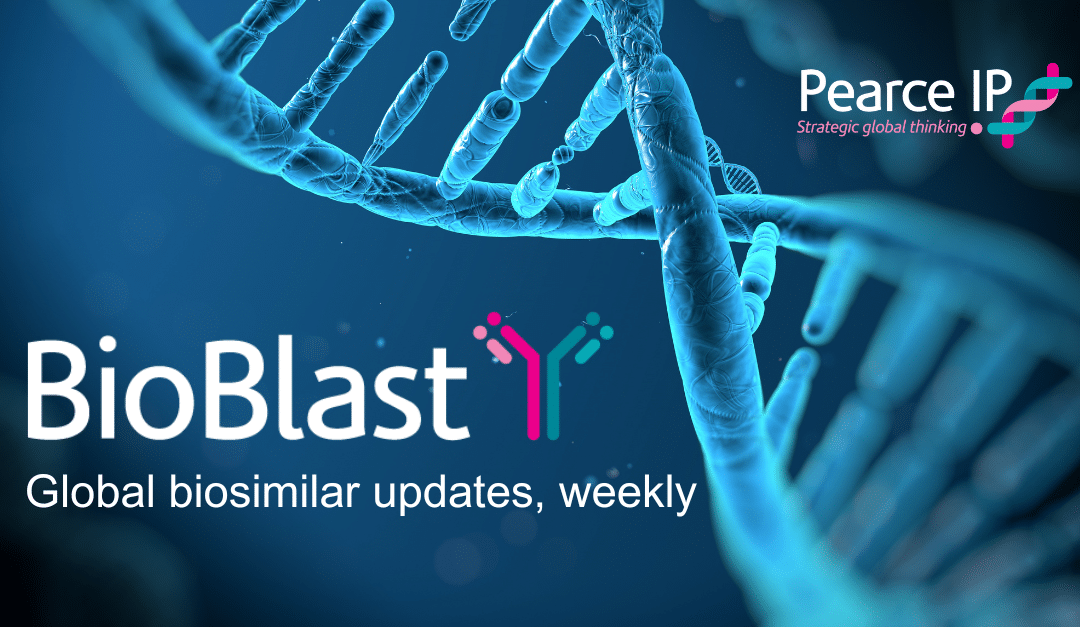On 15 March 2024, the Australian Department of Health and Aged Care published the public summary documents considered at the November 2023 PBAC meeting. Decisions included:
- Novo Nordisk’s Wegovy® (semaglutide) – PBAC refused PBS-listing for severe obesity;
- Organon’s Hadlima® (adalimumab) 40 mg in 0.4 mL PFP and PFS – PBAC recommended Authority Required listing for the same indications as Humira®;
- Generic Health’s Teriparatide Lupin® (teriparatide), biosimilar to Eli Lilly’s Forteo® – recommended for listing; and
- Gedeon Richter’s Terrosa® (teriparatide), biosimilar to Eli Lilly’s Forteo® – recommended for listing.
On 15 March 2024, CuraTeQ Biologics (a subsidiary of Aurobindo) announced that it successfully completed phase I trials for omalizumab biosimilar (BP11), demonstrating pharmacokinetic and pharmacodynamic equivalence to Genentech’s/Novartis’ US and EU-sourced Xolair®. The trials were conducted on 165 healthy adults in Australia and New Zealand.
CuraTeQ commenced Phase III trials of BP11 in Europe for the treatment of chronic spontaneous or idiopathic urticariaand in India for the treatment of asthma patients. CuraTeQ expects to seek regulatory approval of BP11 in India in 2024 and in regulated markets in 2025.
Each of Celltrion, Glenmark, Teva, Synermore, Sorrento and Kashiv Biosciences also has omalizumab biosimilars in development. Celltrion submitted an A-BLA in the US earlier this week, and applications for approval in Europe in April 2023, Canada in December 2023 and Korea in June 2023.
Celltrion announced that it has submitted an abbreviated Biologics License Application (A-BLA) in the US for approval of CT-P39, as interchangeable biosimilar to Genentech’s Xolair® (omalizumab). Celltrion’s application seeks approval for all Xolair® indications, as well as interchangeability status.
Celltrion submitted applications for CT-P39 in Europe in April 2023, Canada in December 2023 and Korea in June 2023. Celltrion’s is the first reported regulatory submission for omalizumab biosimilars in these jurisdictions. CuraTeQ Biologics (a subsidiary of Aurobindo), Alvotech/Kashiv Biosciences, Teva, Synermore, Glenmark and Sorrento have also been reported to be developing omalizumab biosimilars.
On 11 March 2024, Formycon AG and MS Pharma announced that ranibizumab (FYB201 / Ravegza®), biosimilar to Genentech’s Lucentis®, was approved in Saudi Arabia for the treatment of age-related neovascular (wet) macular degeneration (nAMD) and other serious eye diseases including retinopathies secondary to diabetes.
FYB201 was developed by Bioeq (a JV between Formycon and Polpharma Biologics). Teva entered into a strategic partnership for the exclusive commercialisation of FYB201 in Canada, Europe and selected other countries in mid 2021. FYB201 has been approved in the UK (in May 2022, marketed as Ongavia® by Teva), in the US (in August 2022, marketed as Cimerli® by Coherus) and the EU (in August 2022, marketed as Ranivisio® by Formycon). In January 20204, Sandoz announced that it had signed an agreement to acquire Coherus’ Cimerli® for US$170M.
On 4 March 2024, Merck filed petitions for inter partes review against four Johns Hopkins University (JHU) patents relating to methods of treatment using pembrolizumab in patients whose cancers have a genetic instability called microsatellite instability-high (MSI-H). These four IPRs are IPR2024-00622(against US10,934,356), IPR2024-00623 (against US11,325,974), IPR2024-00624 (against US11,325,975), and IPR2024-00625 (against US11,339,219). Each IPR is based on anticipation and obviousness. The petitions have not yet been instituted by the USPTO.
In November 2022 Merck filed a complaint in the United States District Court (District of Maryland) against JHU seeking declarations of breach of contract, non-infringement and promissory estoppel in relation to the same four patents. The trial has not yet been scheduled.

Naomi Pearce
CEO, Executive Lawyer (AU, NZ), Patent Attorney (AU, NZ) & Trade Mark Attorney (AU)
Naomi is the founder of Pearce IP, and is one of Australia’s leading IP practitioners. Naomi is a market leading, strategic, commercially astute, patent lawyer, patent attorney and trade mark attorney, with over 25 years’ experience, and a background in molecular biology/biochemistry. Ranked in virtually every notable legal directory, highly regarded by peers and clients, with a background in molecular biology, Naomi is renown for her successful and elegant IP/legal strategies.
Among other awards, Naomi is ranked in Chambers, IAM Patent 1000, IAM Strategy 300, is a MIP “Patent Star”, and is recognised as a WIPR Leader for patents and trade marks. Naomi is the 2023 Lawyers Weekly “IP Partner of the Year”, the 2022 Lexology client choice award recipient for Life Sciences, the 2022 Asia Pacific Women in Business Law “Patent Lawyer of the Year” and the 2021 Lawyers Weekly Women in Law SME “Partner of the Year”. Naomi is the founder of Pearce IP, which commenced in 2017 and won 2021 “IP Team of the Year” at the Australian Law Awards.

Chantal Savage
Special Counsel, Lawyer
Chantal is an intellectual property disputes lawyer with experience advising across the spectrum of IP rights, including patents, trade marks, copyright, plant breeder’s rights and trade secrets/confidential information. Recognised as a Rising Star in IP by the Legal 500 Asia Pacific (2021-2024), Chantal has previously worked for international and top tier law firms in Australia and the United Kingdom and now at Pearce IP.
With a science degree specialising in molecular biology and biochemistry, Chantal’s practice focuses particularly on complex, high-value, multi-jurisdictional patent infringement and revocation proceedings for clients in the life sciences sectors.

